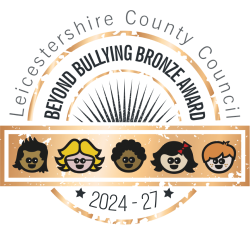Sociology
Course Overview
We aim to broaden pupils' minds and help them see their world from different perspectives. The course will challenge students and cover topical/relevant events happening in the world. Sociology is a social science that focuses on the institutions within our society and how they may positively or negatively affect our communities.
We investigate different institutions in society that serve us such as education, the legal system and different family units using analytical and evaluative skills. We will unpick stereotypes, question what is "normal" and consider a range of inequalities, including gender, age, race and class.
Course Breakdown
|
Component |
How is it assessed? |
% of marks |
|
Paper 1 ‘Understanding Social Processes’ covers;
|
Written exam (1h 45 minutes).100 marks.A written assessment with a mix of short answers, structured questions and extended response questions. |
50% |
|
Paper 2 ‘Understanding Social Structures’ covers;
|
Written exam (1h 45 minutes).100 marks.A written assessment with a mix of short answers, structured questions and extended response questions. |
50% |
Qualities needed for this course
This course requires you to take an active interest in our society and what is happening in the world as well as having the ability to voice an opinion on how or why things could be different. You will need to display a mature attitude towards potentially sensitive topics and be willing to listen and discuss differing viewpoints to your own. You should consider that this is an entirely exam based course meaning that you will be relying on your ability to confidently express your ideas in written format and structure an evidence supported argument using specific terminology. Enthusiasm and resilience are a must!
Possible paths in Post 16
Sociology forms a great basis for many A-Level subjects including; Sociology, Psychology, Politics, Law, Economics and English Literature. The nature of Sociology makes the subject an ideal choice for a range of careers including journalism, recruitment, politics, government, human resources, business, social work – community projects, charity work, civil service, prison officers, police, and teaching.














